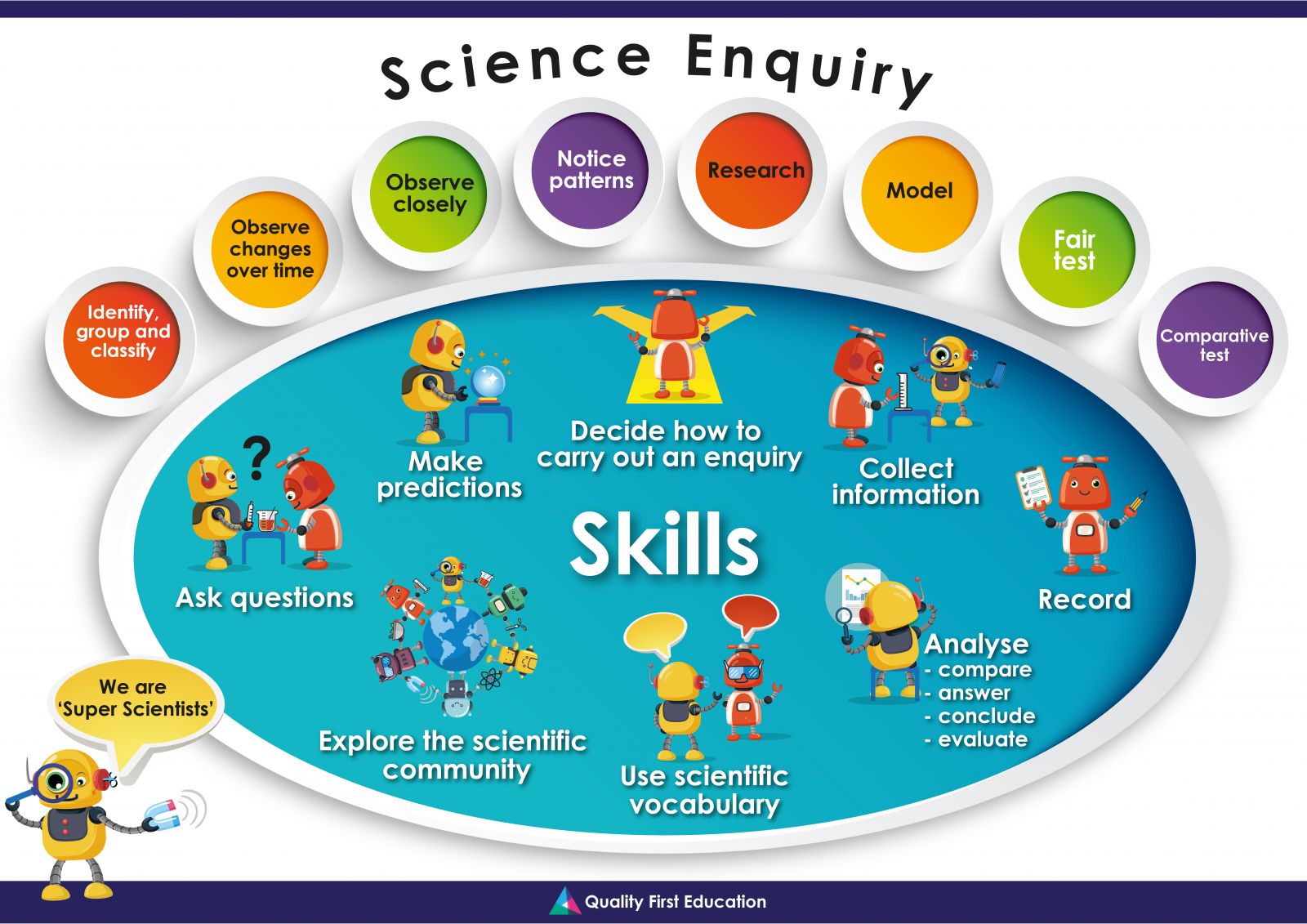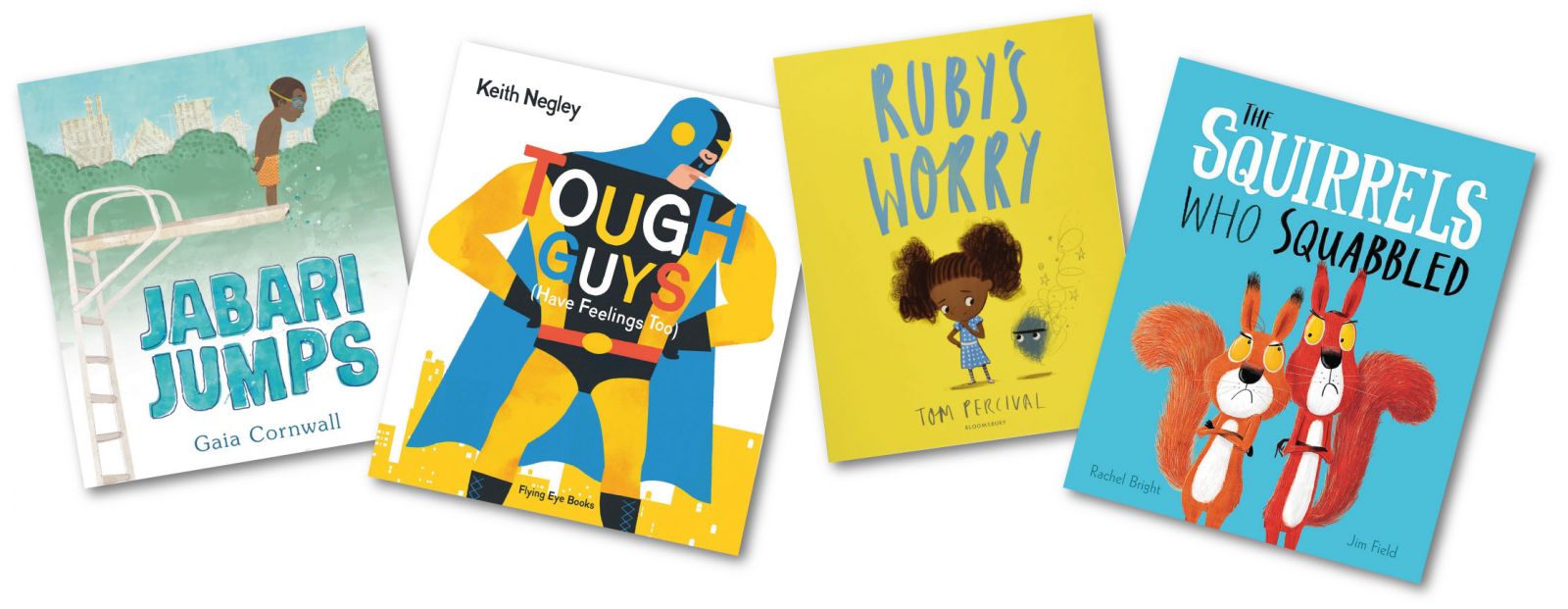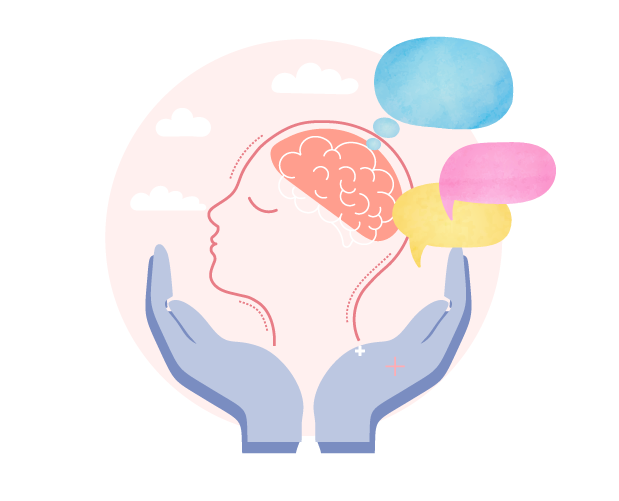"We are united towards the same goal - a world class curriculum. As a school leader, I believe this to be the best piece of work that I have been part of." Q1E Deputy Head
Q1E schools have a vibrant and broad ‘wider’ curriculum, rooted in subject disciplines, with connections between subjects to ensure learning is relevant, balanced and coherent.
We have a shared approach to the teaching of maths, reading, writing, science, history, geography, religious education and worldviews, and design technology. Every part of our curriculum is underpinned by our commitment to our LEARN principles to put the learners first and show engagement, ambition, relevance and nurture in the education we provide. As part of this approach, we explicitly link and reference areas of Personal Development to our academic learning, wherever possible, as shown in our subject Personal Development pathways.
Wherever possible we employ specialist teachers for PE, languages, computing, music and art, to ensure our children have an excellent provision in all subjects. Teachers and children across the Trust benefit from specialist teaching, not only through the teaching they receive in school but through the quality of the shared resources, expertise and skills across the Trust.
We develop our curriculum collaboratively and ensure it is adapted to the local contexts of our schools, to make the most of our relationships and resources. For example, our children study bespoke local history units, study the differences in our school sites and areas in geography, take part in Trust-wide maths, writing and PE competitions and share author visits. Having three other 'partner' schools means children have ready opportunities to present to new audiences and peers on a variety of subjects.
We have an extensive range of contacts who offer assemblies, talks and visits to bring their experience and expertise to our children.


.jpg)





 Managing online information
Managing online information